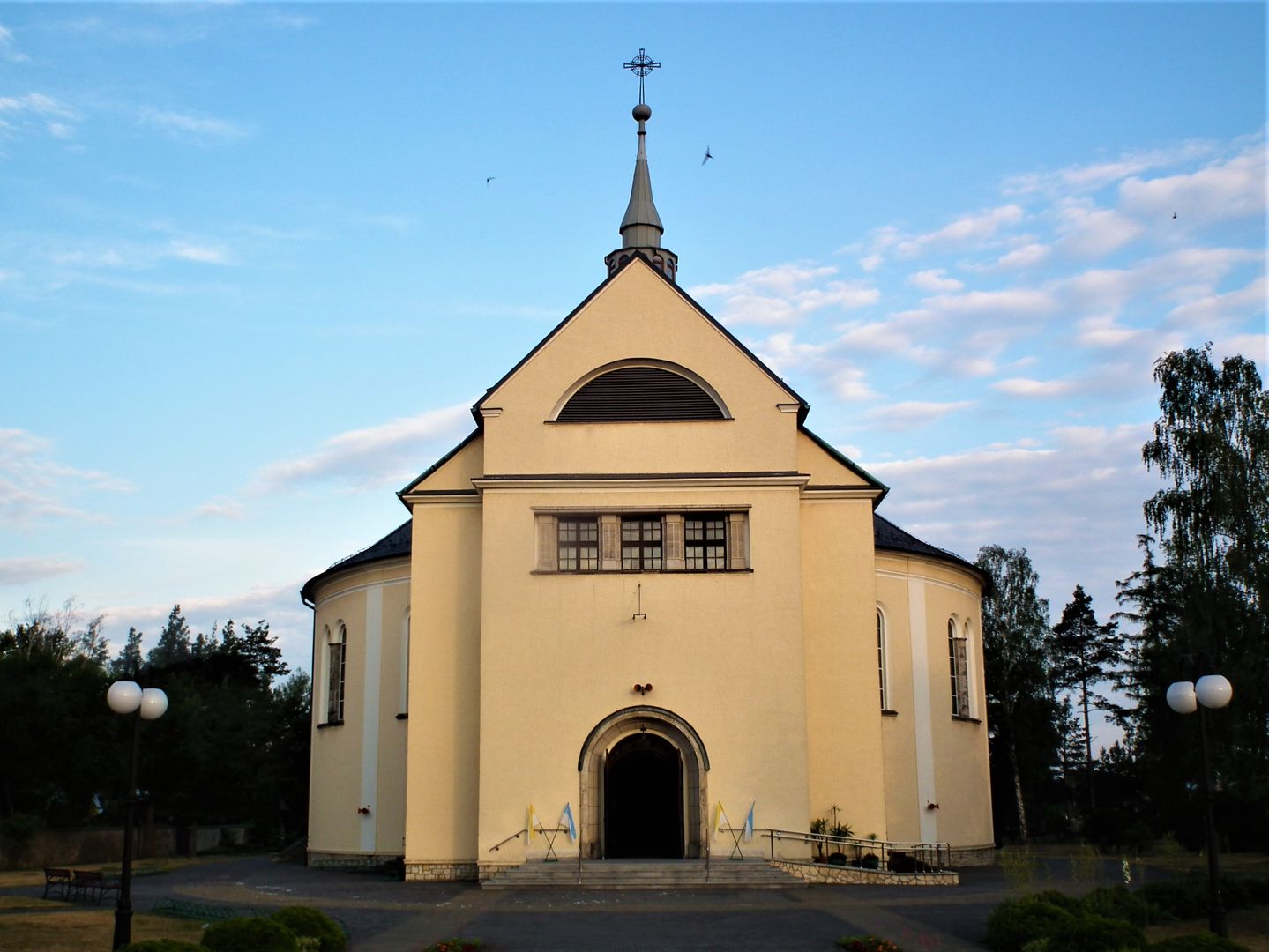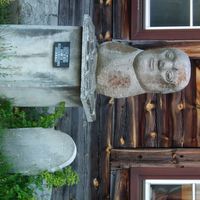Colonowskie
6.06

Overview
Kolonowskie is a town located in Upper Silesia, within the Opole Voivodeship and Strzelce County, on the Mała Panew River. Known during the Nazi era as Grafenweiler, the settlement was founded in 1780 by Count Filip Colonna, who commissioned the construction of a forge on the Bziniczka River. The settlement that grew around the forge was named Colonnowska in 1797. The town has preserved many historical elements, including an 18th-century wooden building that once housed the forge office and now serves as the Regional Local History Museum. Kolonowskie became an independent municipality in 1942 and was granted town rights in 1973, when nearby settlements were incorporated into it. The town is home to the Municipal Cultural and Sports Center, as well as numerous cultural institutions such as a brass band, sports clubs, and local interest groups. Additionally, Kolonowskie has a health center, various retail and educational facilities, including a kindergarten and a middle school. An interesting fact is that a wood impregnation plant was established here in 1880, and in 1907, a cardboard factory was built, which remains operational to this day. With its rich heritage and diverse institutions, Kolonowskie continues to develop dynamically despite historical challenges, making it a noteworthy destination on the map of Upper Silesia.
Location
You can also find here:
2026 Wizytor | All Rights Reserved
